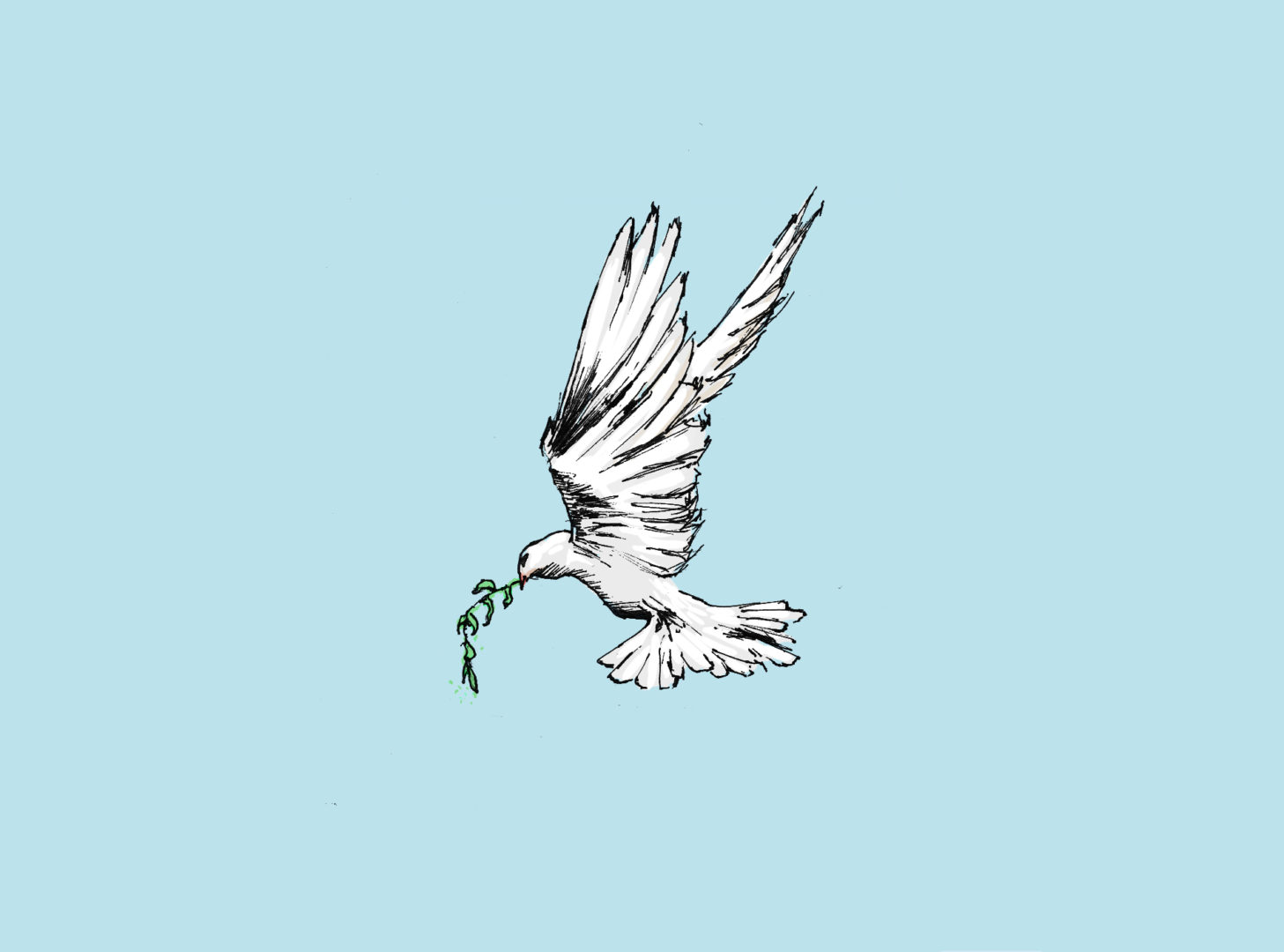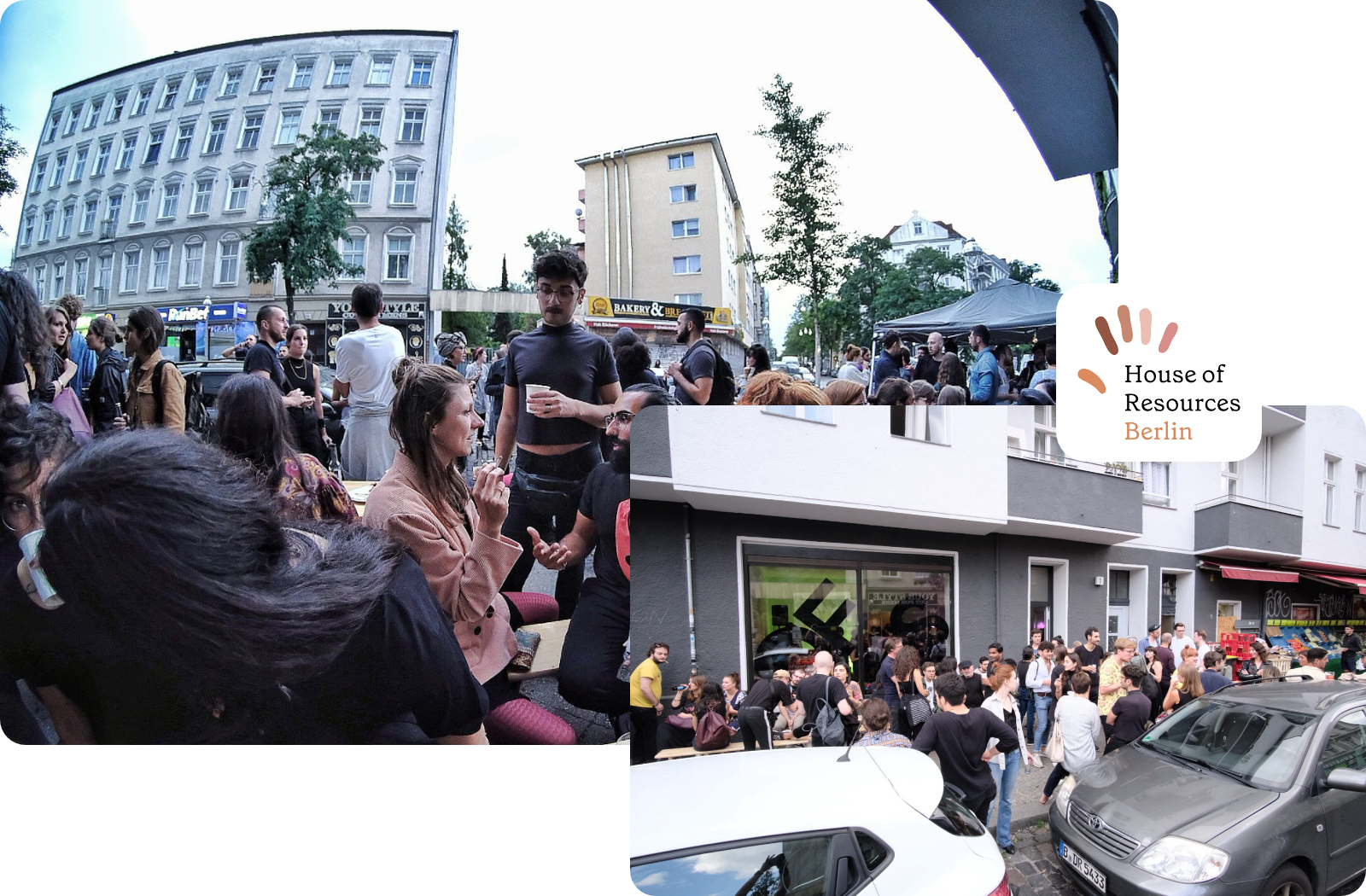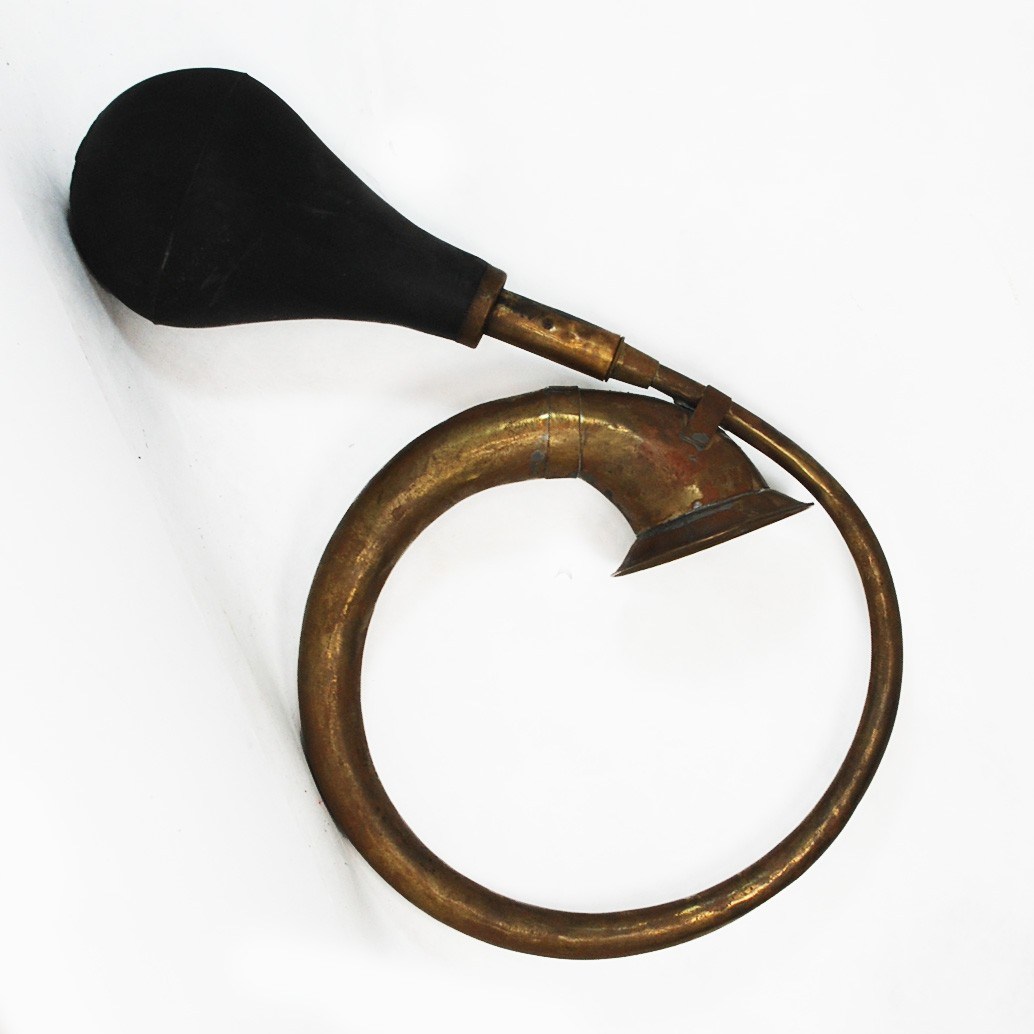“What’s your name? – “I’m Şeyda?” – “Where does your name come from?” – “It’s Turkish.” – “And does your name have a meaning? Turkish names always have such interesting meanings…” The conversation often begins like this, or similarly, when a Turk in Germany meets someone new. And it really is true: Almost all Turkish names have a meaning. Sometimes there are even stories hidden behind the name. Let’s take a closer look at the Turkish names of the renk. editorial team.
Atilla
Atilla writes a column at renk. that packs quite a punch. In doing so, he’s living up to his name, because Atilla means God’s whip or fighter. The name’s meaning owes itself to a story: Atilla, the King of the Huns lived around the beginning of the 5th century and expelled many Germanic tribes from the Balkans through war. He created pacts with the Romans in order to establish and expand his area of rule. The Romans viewed his sudden death as a punishment (whip) of God, because they had established their area of rule by working together with Atilla, and with his death, it seemed all would be lost.
Barış
Barış is new at renk. His name means peace. It describes the condition after a war: A country coming back to life and returning to order. “Barɪş” was also the motto of Turkish foreign policy in the 1930s.Mustafa Kemal Atatürk said at the time: “Yurtta sulh, cihanda sulh” (Peace at home, peace in the world [sulh and barış are synonyms in Turkish – ed.]). Peace!

Demet
Demet is one of our authors from Cologne. She pools the best information for us from the Rhineland. Her name means a bunch or bouquet of flowers. Aside from that, Demet can also mean the light that rises out of a source or can be translated as “Treasure.” And Demet is our treasure!
Deniz
There are two renklis named Deniz. Deniz, one of our authors, and Dènes, one of our proof-readers. In Turkey, both girls and boys can have this name. Deniz means the sea. It is a strong name, because it wields eternity, depth, waves and the blue of the sea with it. During the 1968 movement in Turkey, the name developed a political connotation. Deniz Gezmiş, the leader of the People’s Liberation Army was an advocate of Kemalism and socialism. Due his ideology, he became a thorn in the side of the state. Ultimately, he was hanged in 1972. His execution created a large wave of outrage.
Ferhat
We all enjoy working with Ferhat, our star photographer. His name comes form the love story “Ferhat and Şırin,” which is the Turkish version of Shakespeare’s “Romeo and Juliet.” The origin of the love tragedy “Ferhat and Şirin” goes back to the Persian Empire, where the Persian poet Nizami (ca. 1141-1209) wrote the epic “Hüsrev and Şirin.” In the modified Turkish version, Ferhat is a sculptor who is called to Amasya in the palace of the empress Mahmeme Banu. She had a younger sister, Şirin, who the sculptor fell desperately in love with. He wanted to marry her immediately. As in every tragedy, the empress was against the marriage. She gave the young Ferhat an unsolvable task in order to keep him far away from her sister: “Bring flowing water into this city and then you’ll have Şirin.” Ferhat immediately set off on the way to Şahinkaya Mountain with his ax. There, he spent many years building a waterway through the mountain to Mahmeme Banu’s area of rule. When she learned that he had done the impossible, she sent a witch into the mountains with the message that Şirin had died. Completely desperate, Ferhat threw himself into the ravine, shouting “Şirin, I will love you forever.” Even Şirin is able to hear the echo. Out of grief, she ends her life in the same place. It is said that a white rose grows on Şirin’s grave, on Ferhat’s a red rose, and between the two a bush of thorns.
Due to the love story, the mountain, “Elma Dağı” in Amasya is sometimes called “Ferhat Dağı.” The water way named “Ferhat Su Kanalı” has become a pilgrimage point for lovers.
Illustration: Sebastian Seyfarth






